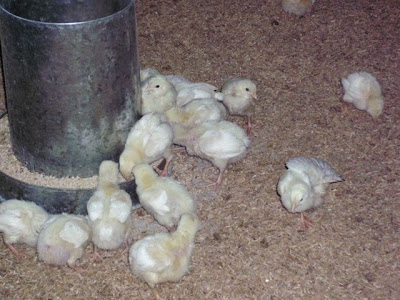Dearest friends,
We've been getting oriented in our new Seminary & Institute assignment. This month we visited classes in Guyana. It had been raining for a few days before we arrived and there was water everywhere.......with no place for it to go. Guyana is called "land of many waters".
We've been getting oriented in our new Seminary & Institute assignment. This month we visited classes in Guyana. It had been raining for a few days before we arrived and there was water everywhere.......with no place for it to go. Guyana is called "land of many waters".

Notice they build their houses on stilts for this very reason. This flooding was reminiscent of our days in Thailand.
Notice the local hardwoods used in the chapel and library below.


This is an Institute Class in Georgetown, Guyana. Students are eager to learn.

Early morning Seminary for high school aged students. They meet every morning before school.

Even our rented buildings are beautiful!
Inservice Training - New Amsterdam. The Dutch originally settled much of this area and tried to drain the land. Many Dutch names are still in use. What about Vreed en Hoop?

This is how the parking lot looked when we arrived for Church Sunday morning. When we got inside the Chapel was full of people! They don't have cars, but they still make it to Sunday meetings.

Here's another early morning Seminary class in Berbice, Guyana. The teacher (far left) isn't much older than the students, but she's a four-year Seminary graduate and preparing to serve a full-time mission.

Students learn examples from the Old Testament in this Seminary class. These teachers are very devoted to the youth.
Horse and donkey powered "trucks". These are everywhere.
Humanitarian missionaries are teaching the locals how to raise chickens for food and to sell for cash. In six weeks they can raise 500-600 pounds of chicken from these chicks.
Have you ever seen a 500 pound chicken?
Humanitarian missionaries are teaching the locals how to raise chickens for food and to sell for cash. In six weeks they can raise 500-600 pounds of chicken from these chicks.
 These two young Seminary students are being honored for having read the scriptures everyday in the past year without missing a single day. Reading in Seminary class doesn't count - they have to study on their own time. Stacey's mother is the Seminary teacher. If they "stay the course" they will receive their own set of special commemorative scriptures.
These two young Seminary students are being honored for having read the scriptures everyday in the past year without missing a single day. Reading in Seminary class doesn't count - they have to study on their own time. Stacey's mother is the Seminary teacher. If they "stay the course" they will receive their own set of special commemorative scriptures.
This past month also celebrated Carnival (Mardi Gras in the US) which is a big holiday in the Caribbean. Missionaries stay off the streets during the revelry.
This Seminary class is taught daily Mon-Fri in a home. Shoes are removed when entering. This is a sacred setting.
The Guyanese make do with what they have and are happy. Who needs doors and windows when it never gets cold? We could learn some valuable lessons from them about contentment.
Guyanese children love to get their pictures taken. Even though they live in humble circumstances, their clothes are clean. These children live along the river and their mother washes their clothes by beating them against a rock. No washing machines or even electricity here.
This Seminary class is taught daily Mon-Fri in a home. Shoes are removed when entering. This is a sacred setting.
The Guyanese make do with what they have and are happy. Who needs doors and windows when it never gets cold? We could learn some valuable lessons from them about contentment.
In closing I'd just like to share a few thoughts about how great these young people are. They have testimonies of the Restored Gospel of Jesus Christ and it makes a difference in their lives. They have served, or are preparing to serve full-time missions. They have the opportunity through the Perpetual Education Fund to get loans enabling them to pursue a higher education, which then leads to improved career options. This generation of youth will be the leaders of the Church in Guyana in a few short years.
The Seminary and Institute programs of the church are crucial. We are blessed to be a part of it and we're happy to be serving in this choice part of the Lord's vineyard.
Elder Lindorf
















